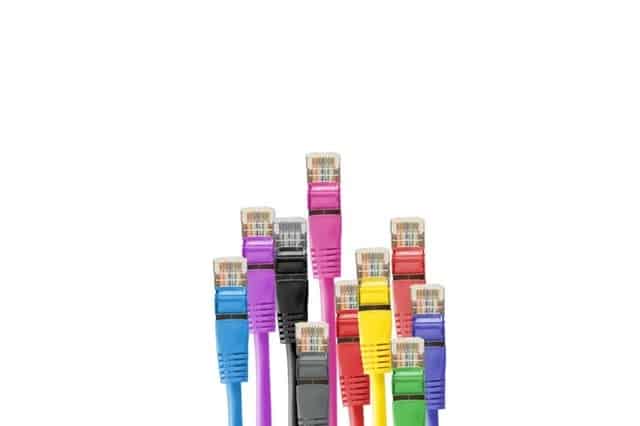You can keep your US dollar, your Euro, your British Pound, and your Bitcoins because none of them are the most valuable currency in the tech world. That honor belongs to data – or to be more precise your data.
How Corporations use your Data:
It is user data which keeps the tech world revolving and which makes the gargantuan profits we see all our favorite online sites and services posting each year. That’s the deal we sign up for when we use sites like Facebook and Google.
For their part, they offer us a service we want to use for free. Whether it is a social media platform, a webmail service, or even a browser, they are essential parts of everyday life, and they are ostensibly free. True, we don’t have to part with any money to use them. But we are paying in another, and that is with our data.
Because everything we put onto these sites can be transformed into something of monetary value. Some companies focus on maximizing advertising profits and uses the information you provide to tailor adverts specifically for you. Sure, they try to explain that this is good for you, but the real beneficiaries are of course the companies whose products and services are being piped into the homes of those who are most likely to buy them.
Some will sell user data to other companies. Most of us don’t read the small print when we sign up for an online service, so we are unaware that we are basically agreeing that anything we put on the site can be used by that site as it sees fit. Selling user data and statistics, usually (but not always) crudely anonymized, to other commercial bodies is also big business.
How Hackers use your data:
Hackers too are keen to get hold of our data to exploit it for financial gain. Accessing the personal accounts or device of one person can reveal everything you need to know about them to drain their money reserves dry.
Whether it is through the use of online banking, online shopping, or even subscribing to a service such as Netflix or Amazon Prime, most of us will have put our bank details, credit cards, and all our personal details online. This is all a hacker needs to empty your account and max out your credit card. Yet, many of us still leave this data woefully under-protected.
Whether we like it or not, our personal data is likely to be out there, and there is nothing we can do about it!
Or isn’t there?
Actually, there are a number of different steps we can take to protect our online data, which mean that we can enjoy using social media, webmail, and even watching Netflix without worrying about the risks to our data. Oh, and if you ever have to travel and want to know how to watch Netflix in Europe, or elsewhere in the world, one of our tips can help you do that too!
How to Protect Your Online Data
1. Use a VPN:
A VPN, or Virtual Private Network, is the number one tool for anyone who is serious about protecting their data online.
A VPN works by sending all your online data through an encrypted connection to a remote server. This protects your privacy in a number of ways. Firstly, the encryption means whatever you are doing online, your data cannot be seen by hackers, surveillance operatives, or anyone else who might be trying to have a peek.
Secondly, by linking you to a remote server, your VPN can hide your IP Address. It is this that sites like Google and Facebook use to link your online activity with you. Without this information, you are essentially anonymous online and sites cannot attach your activity to your IP Address.
As I mentioned before, there are other perks to a VPN too. Every been overseas and wanted to know how you can watch Netflix in Europe, or Asia, or anywhere else for that matter. A VPN lets you watch it anywhere, as long as you opt to connect to a remote server located in the USA.
They also make public Wi-Fi networks secure and enhance your online security in a number of ways.
2. Use a Password Manager:
Most of your online accounts will be protected by a Password, but it is quite likely you are one of the many people who struggle to remember all their passwords. Perhaps you just use the same password for everything, or you stick to something simple like ‘Password’, or ‘123456’.
If so, you are not alone, but you are breaking one of the first rules of online data security. A Password Manager can help. They remember all your passwords for you, and all you have to do is remember a single password to open your manager service.
They can also help you generate strong passwords which hackers will find difficult to crack and access your data. They are a simple service, but when it comes to protecting your data, a good password manager is a must.
3. Be Sensible:
I risk being a bit patronizing with his last bit of advice, but it really is crucial. Just be sensible online.
There are lots of hackers and cyber-criminals out there creating and circulating malware, Trojans, ransomware, and countless other pieces of malicious software. One of the best ways to avoid falling victim to them is to think before you act online.
Don’t open that email if it looks suspicious or you don’t recognize the sender. Certainly, don’t download any unrecognized attachments from it. Be careful when clicking on links too. Be sure they go to the correct site, not a mirror site which can collect all your data.
Looking before you leap online is a wise policy and in the long run, it can save you a lot of time, aggro, and most importantly, cost.



